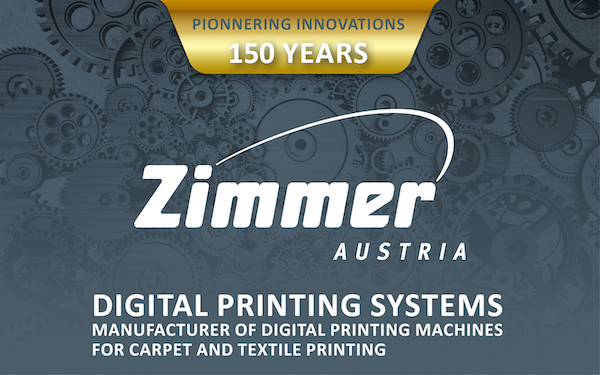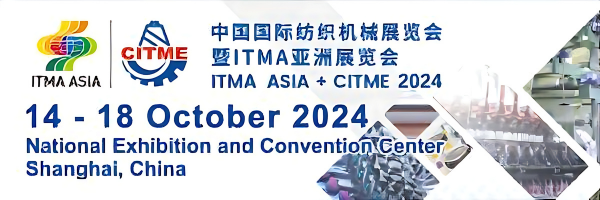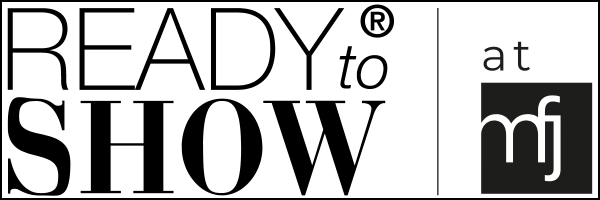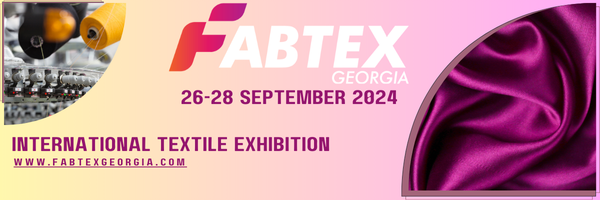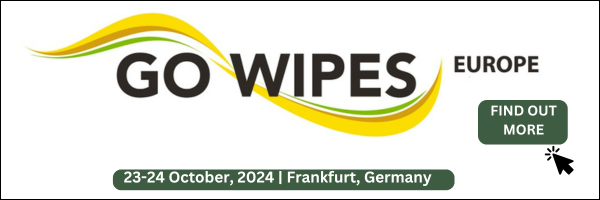Iran synthetic fiber industry :: As the time has passed and the world population has grown, the need to raw materials has increased. In the past, only natural fibers were used in the textile and clothing sector. Following the discovery of oil and achievement of manufacturing technologies for petrochemical products, artificial fibers were used too. In the recent years, consumption of natural fibers has increased 3 percent while consumption of artificial fibers has risen 7 percent. However, production of natural fibers has decreased due to two reasons. The first reason is that agriculture has declined due to the decrease in fresh water reservoirs of the world and precipitation. The second reason is that the need to edible agricultural products has risen and farmers have turned to production of edible plants instead of cotton, etc. In the past year, production of cotton has decreased 5 percent while improvement of properties of artificial fibers has led the manufacturers in the textile industry to manufacture artificial fibers. At present, the demand for artificial fibers has reached 57 million tons per year. The highest demand for different types of artificial fibers is related to polyester fibers. Artificial fibers are highly important due to their many uses in the world. Particularly, the importance of fibers has become ever greater by development of the subfield of technical textile, transformation of the textile industry from its traditional state and creation of new uses.
Having one of the largest oil and gas resources in the world, Iran is developing and expanding its petrochemical industry. In the recent years, Iran has based its macroeconomic policy on shifting from sale of crude oil to sale of petrochemical products. The growth of manufacturing capacity for petrochemical products in Iran has been the highest in the Middle East in such a way that from 2002 to 2015, the manufacturing capacity for polymer products in this industry has increased from 840 thousand tons per year to 7700 thousand tons per year. This amount of manufacturing of petrochemical products is very low compared to the Iranian market demand and greater manufacture is needed. At present, having 25 complexes under construction, Iran intends to raise its production to 12.8 million tons.
In the recent years, reduction of the value of Iranian Rial versus US dollar has led to thriving of production in Iran and increase of exports. In 2016, reduction of the price of oil and oil products has resulted in ever greater increase of investment in the petrochemical industry.
Benefitting from a large number of experts in the fields related to petrochemical industry and artificial fibers, Iran can easily expand the production in this field. Iranian experts are mostly young and their average age is 34 which has led to further growth of the industry in Iran. This capability in Iran is due to the cheap labor force which has caused the growth of this industry to take an ever greater leap.
Iran has tried to absorb foreign investment by improving its international relations, especially with European countries in the past few years. In the early months of 2016, Iran has further increased its international relations by concluding numerous contracts with European and East Asian countries. Furthermore, it has been able to bring many European businessmen and investors to its country and absorb their investment by holding various exhibitions in the current year. The reasons causing foreign countries and companies to invest in Iran are as follows:
The first reason to mention is that having one of the best examples of democracy in the region, Iran has been able to establish a good stability in its governmental system. This has enabled the foreign investors to invest in this country with full confidence and work here without any fear of regime or local political disorder.
The second reason is that in the recent years when there has been unrest in the Middle East and especially in the neighboring countries, Iran has had high security and assured the investors to continue their work without any concern about war and damages caused by military attacks.
The third reason which is a very important one is the low price of energy in Iran. It is a fact that when a factory is to run in any part of the world, it needs energy. This energy costs very high for manufacturers in other countries while the price of energy carriers in Iran is low and it has caused the cost price of the products and manufactured goods to decrease.
The fourth reason is the facilities and contributions of the Iranian government to investors. These contributions are much greater in the petrochemical sector and fiber production than other fields. Artificial fiber manufacturing receives more contributions and facilities than other fields because it is one of the production priorities for the government. For example, tax exemptions for the manufacturers are from five to ten years depending on their manufacturing conditions.
The fifth reason is that the price of raw materials for manufacturing, especially in the petrochemical industry is very low and thus, manufacturing and export to other countries can be fulfilled at a much lower price.
The sixth reason is suitability of investment and availability of young and ready-to-work experts in the country. In many countries, the production costs rise too much because of the old age of experts or lack of experts and their transfer from other places to the manufacturing location while there is no such problem in Iran.
Among other reasons is the very good situation of Iran for transit and transportation of manufactured goods. Iran can transfer cargo through land by road transport or rail transport and also through sea transport and air shipping.
In the opinion of businesspeople, on the whole, Iran has the best situation for investment, considering the growth of investment in Iran in the early months of 2016 and taking into account the above reasons and the current conditions of the world and the region.



